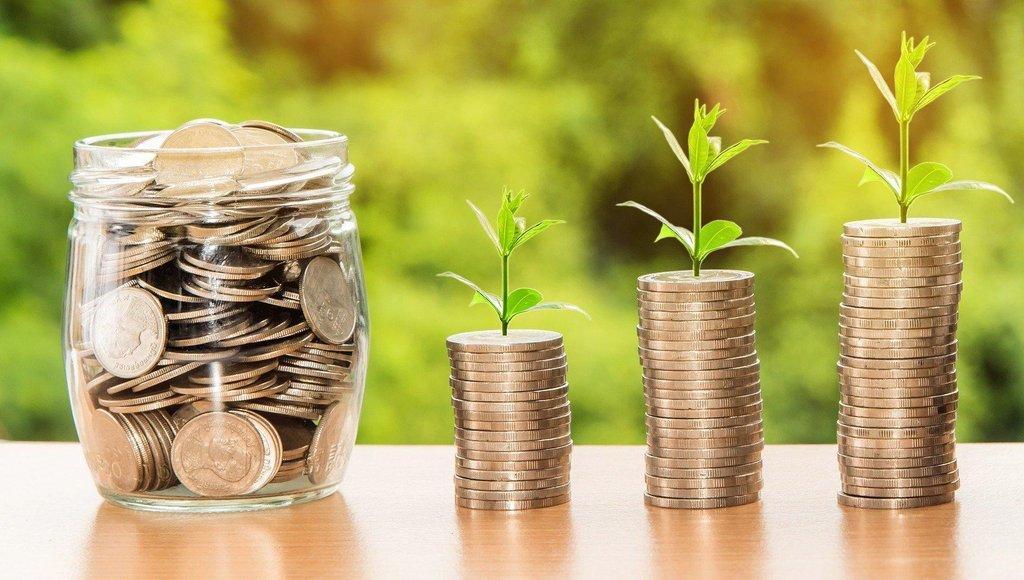Christine E Jensen
Utah State University Extension, Emery County
Right now, everyone is on edge because of the coronavirus (COVID-19) that many are falling for scams due to fear. Second to hoarding of supplies, scams come to the front whenever there is a disaster and people are scared, anxious and fearful.
Please be careful of those who may try and get you involved in a scam. Be aware; if you have suspicions, call your local law enforcement office and confirm before accepting anything.
Scammers play on your fears and lack of knowledge. The Federal Trade Commission has already communicated with sellers of coronavirus treatments. There are new websites that are selling fake products, testing kits and fake emails, as well as implementing texts and social media as a method to get your money.
There are NO in-home testing kits for the virus. The acceptable kits are those provided by medical professionals at hospitals and clinics. Scammers are selling kits online and door to door, but they are fakes and will not detect the virus. They just take your money! Some are entering your homes and stealing things they can find. Don’t give out your credit card number to anyone.
The government WILL NOT ask you for your bank account number, credit card number, PayPal number or social security number in order for you to get money. They will not call you on the phone.
Some scammers are even stating they are from the Red Cross. This is not how the Red Cross works and you would have been informed of such testing in your area. The test is not done this way.
There are NO oils, pills, tinctures or anything else that will prevent or cure the virus. Scammers will also use the faces of celebrities they claim are endorsing a product, but it is all a fraud.
Tips:
– Don’t click on links from sources you don’t know.
– Watch the emails claiming to be from the Center for Disease Control and Prevention (CDC). Scammers often use familiar company names, logos, colors etc. in order to get your attention. If it is an offer to buy or give your credit card, don’t do it. That is not how the CDC works.
– Ignore online offers for vaccinations. There is no vaccination at this time.
– Do your homework when it comes to donations, whether through charities or crowdfunding sites. Don’t let anyone rush you into making a donation, wiring money, sending cash or gift cards. Chances are, they are scamming you for money.
– Do not give money to unknown charities claiming to be collecting for victims or research.
– One telephone scam claims to be taking reservations for testing. Another scam claims to be a doctor treating one of your relatives needing money for treatment.
– If you see a group in your neighborhood dressed in white, HAZMAT-like suits, call the police. They are not there to check on COVID-19; they are there to gain access to your home to steal from you.
Beware: If you experience any of these, report them to local law enforcement immediately.
Be safe! Protect your health as well as your wealth.
For more information, please contact USU Extension at (435) 381-3535. At this time, USU Extension is not accepting face-to-face contacts; however, employees are working and in their offices to take your call.


